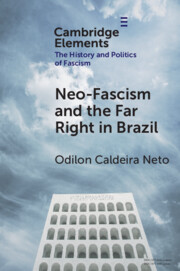This research note challenges the utility of the “far right” label, which groups together the extreme right and the (populist) radical right, for the study of contemporary European party systems. It argues that while extreme right parties are typically consistent with the traditional conceptualization of anti-system parties, those belonging to the (populist) radical right increasingly experience a pattern of integration without substantive ideological moderation – i.e. negative integration – which challenges the Sartorian conceptualization. Nevertheless, Sartori's idea of disjointed space, which separates via “no coalition” points the parties that are perceived to be illegitimate players in the party system from the others, remains essential to understanding the diverging trends that characterize the extreme right and the (populist) radical right today as well as the cases that deviate from the typical pattern. The notion of disjointed space accounts for the qualitative difference between the actors that are perceived to be suitable for coalitions by the more traditional mainstream parties and, ultimately, allows us to understand why (populist) radical right parties are often integrated in party systems, while those of the extreme right are not. The analysis invites scholars to use the most precise term whenever possible rather than vaguely referring to the “far right,” as it overlooks key differences from a party system perspective. Notably, although nativist and authoritarian ideas increasingly permeate public debate, when it comes to political parties, it is more accurate to speak of the mainstreaming of the (populist) radical right rather than of the “far right” as a whole.

